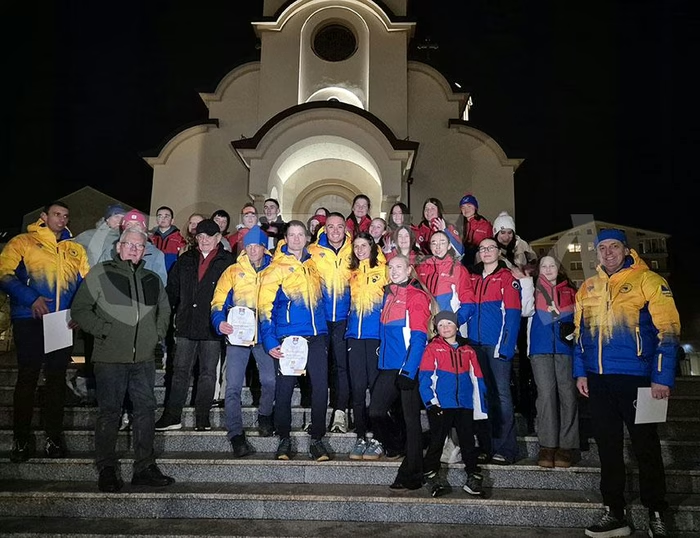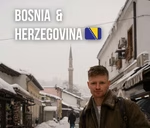Lieutenant General: Army members unlikely to wear Bosnian Serb wartime uniforms

Members of Bosnia’s army are unlikely to respond to a call by Bosnian Serb leader Milorad Dodik who asked them to wear the wartime uniforms of the now-defunct Bosnian Serb army, as if they do so, they will be indicted, Lieutenant General and Chief of the Joint Staff of Bosnia’s Armed Forces, Senad Masovic, told N1 on Wednesday.
Dodik, who is currently the Chairman of the tripartite Presidency, spoke at an event organised to honour the Army of Republika Srpska (RS) and the Third Infantry Regiment in the northwestern city of Banja Luka on Sunday. He urged the Regiment, which is formally part of Bosnia’s Armed Forces, to wear the uniforms of the Army of the RS at the ceremony next year.
The Army of Republika Srpska was the wartime army of the Serb-dominated part of the country which fought against Bosniak and Croat forces. It disappeared when Bosnia’s leaders decided to melt all armed forces in Bosnia into one in 2005.
“First of all, I don’t think this will happen. If so, every member who breaches (the law) and commits a crime will be prosecuted individually,” he said, explaining that those army members who put on the RS Army uniforms would be suspended from the professional service and indicted.
“I trust the members of the Armed Forces, my commanders, my soldiers, that they have with what they signed and by their oath to Bosnia and Herzegovina clearly recognised their responsibilities and competencies and what is expected of them,” he said, adding that Armed Forces officials are highly law-oriented.
“Those who call on them to do so (wear the RS Army uniforms) must be aware that they are breaching the Law on Defence and trying to undermine the dignity of the Armed Forces,” he said.
Masovic also said that he has not seen that anyone is behaving differently within the Armed Forces since Dodik made the statement and that generals and commanders of units he spoke to in the past several days “are aware of their role and responsibility” to respect the law.
The general said that the Armed Forces represent the “most integrative part of the society in Bosnia and Herzegovina.”
“The Armed Forces are more than what they mean symbolically, they are a cohesive factor of the state of Bosnia and Herzegovina and represent all citizens of the country in the best way,” he said.
He exemplified that through the army’s response to the floods which have hit the country in recent days. Soldiers helped civilians in several areas in the country, which he said was “a legal obligation.”
They also did so in 2014, which Masovic said was “maybe the largest level of engagement (of the army) during catastrophic floods” until now.
Although Bosnia’s Presidency is the supreme command of the Armed Forces, all of its decisions must be made through a consensus and orders of individual members are invalid, he explained.
“To us in the Armed Forces of Bosnia and Herzegovina, the top command is the Presidency, not its individual members,” he added.
He also explained what regiments are, saying they “maintain the tradition of the army and the people they come from” and that that is their exclusive competency while they have “no operational role.”
All members of the Armed Forces wear the same uniform which is in accordance with the law.
“The flag of Bosnia and Herzegovina is on the right shoulder, and members of the infantry of battalions have the possibility to wear the insignia of one of three regiments on their left shoulder. That is, I think, a framework that completely suffices to meet the needs of all the peoples,” he said.
Kakvo je tvoje mišljenje o ovome?
Učestvuj u diskusiji ili pročitaj komentare





 Srbija
Srbija
 Hrvatska
Hrvatska
 Slovenija
Slovenija



























































